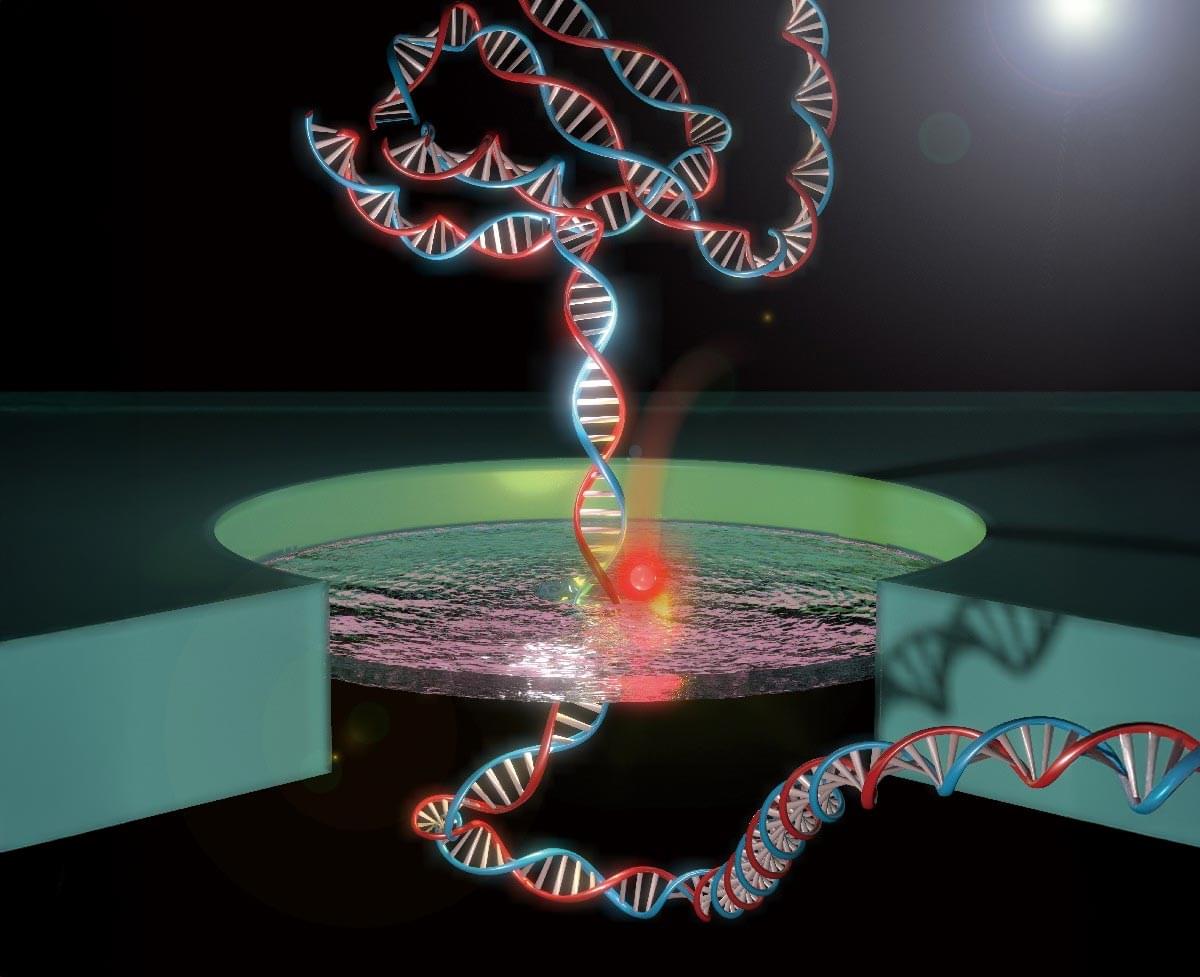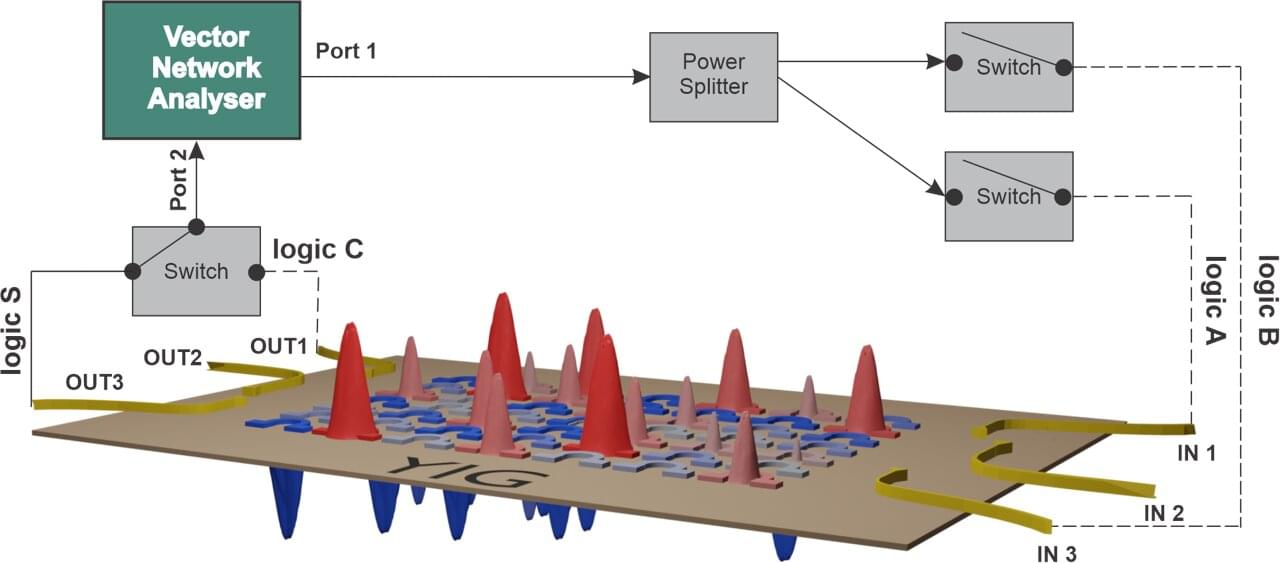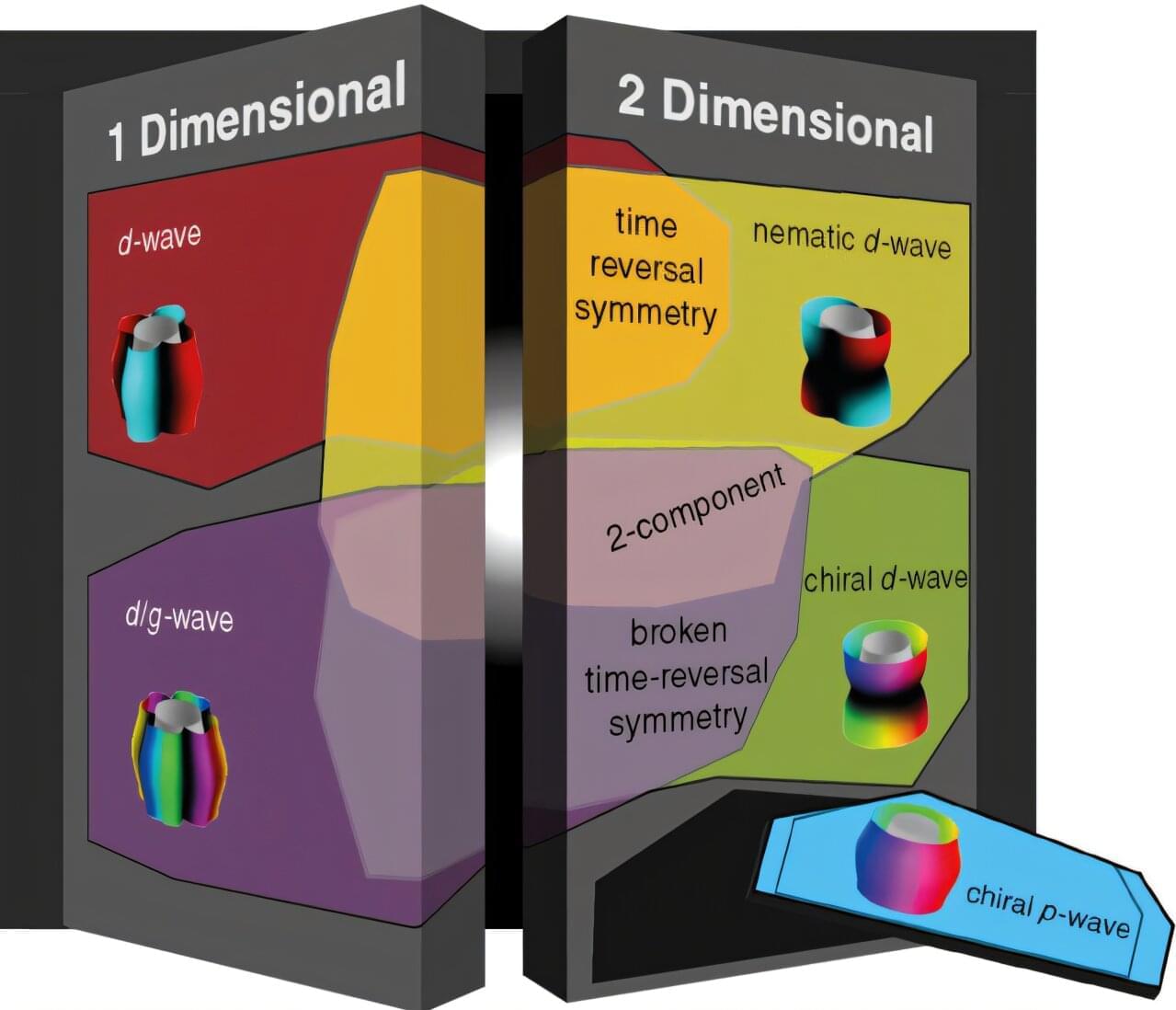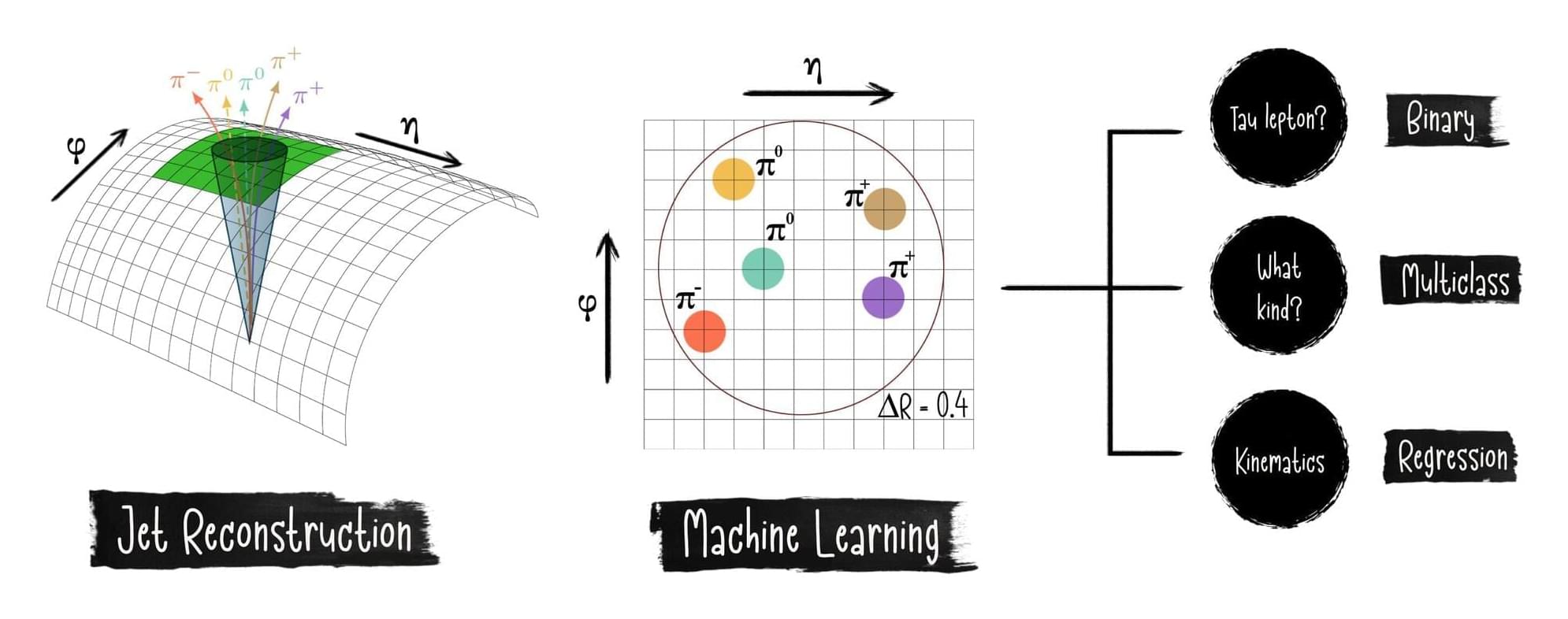Information has become increasingly important in understanding the physical world around us, from ordinary computers to the underlying principles of fundamental physics, including quantum theory. How can information help discern physics? What can physics contribute to understanding information? And what about quantum information?
Make a donation to Closer To Truth to help us continue exploring the world’s deepest questions without the need for paywalls: https://shorturl.at/OnyRq.
Free access to Closer to Truth’s library of 5,000 videos: http://bit.ly/376lkKN
Watch more interviews on quantum information science and quantum mechanics: https://bit.ly/3rs6ZVs.
Max Tegmark is Professor of Physics at Massachusetts Institute of Technology. He holds a BS in Physics and a BA in Economics from the Royal Institute of Technology in Sweden. He also earned a MA and PhD in physics from University of California, Berkeley.
Register for free at CTT.com for subscriber-only exclusives: http://bit.ly/2GXmFsP








